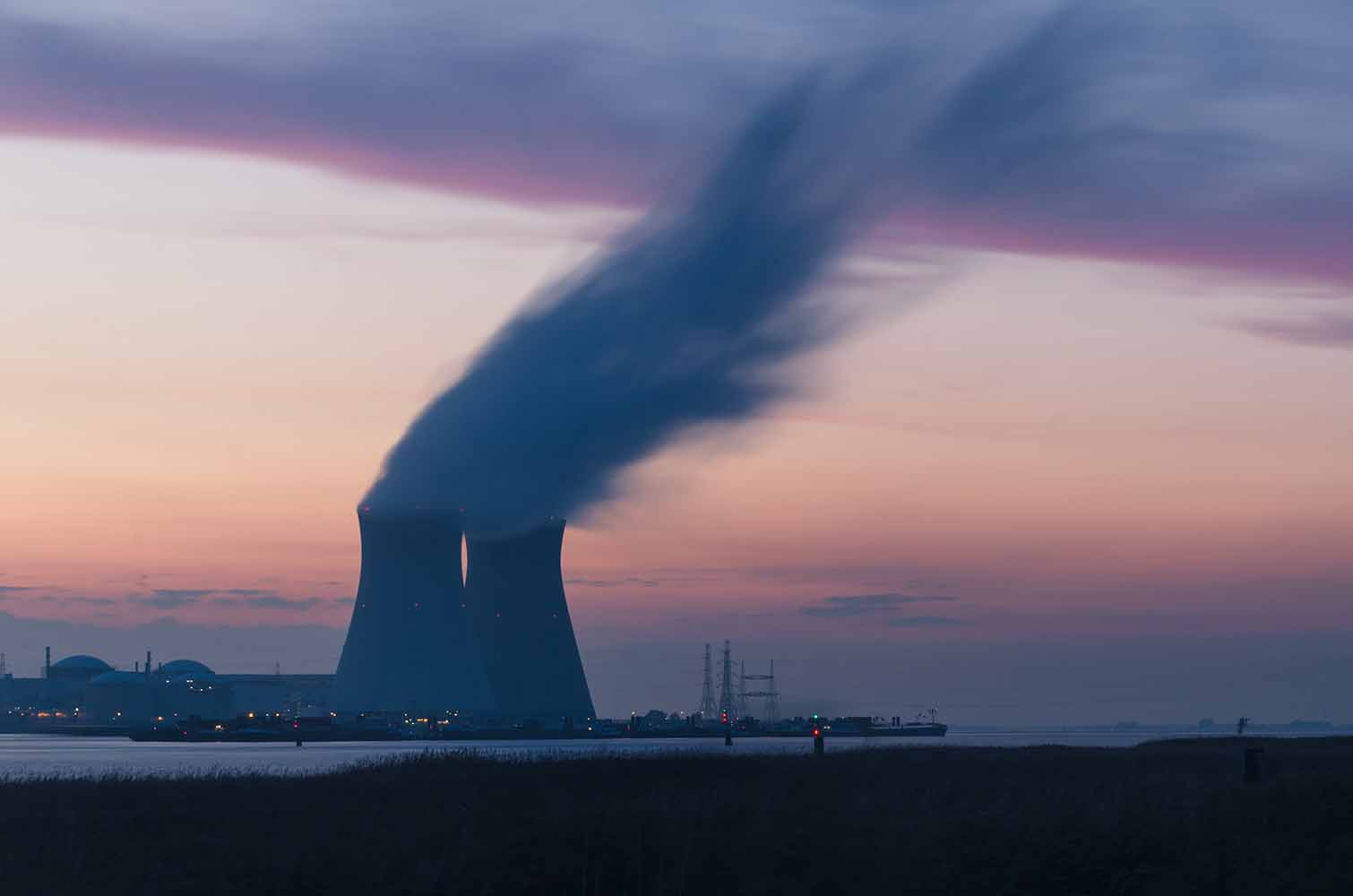Known collectively as the 'Big Six', these were the biggest legacy suppliers of gas and energy in the UK and were comprised of British Gas, E.ON, EDF Energy, SSE Energy, nPower, and Scottish Power.
At the height of their domination of the energy industry, these suppliers provided seven out of ten homes across the UK with gas and electricity. But in recent years, newer suppliers such as Octopus and OVO Energy have emerged, threatening the oligopolistic control once held by the Big Six.
About the Big Six
The introduction of the Gas Act in 1986 and Electricity Act in 1989, created the framework for the privatisation of the UK's energy and gas supply.
Heading into the 90s, further privatisation, as well as acquisitions and mergers, eventually led to the creation of the six major energy and gas suppliers we have today.
As of Q1 2022, the Big Six have a combined market share of 72% for both electricity and gas supply in the UK.
The withdrawal of the Big Six category
In November 2020, energy regulator Ofgem announced that due to the emergence of numerous competitors in the market, as well as an increasing number of acquisitions making it harder to identify and define the Big Six, that the 'Big Six' category would be dissolved and relabelled as 'Large'.
Under the new classification system, all energy suppliers with 5% or more market share are now classed as a ‘Large’ supplier, with those holding less than 5% market share falling into 'Medium' and 'Small' categories, respectively.
So are the Big Six still the Big Six?
Along with the removal of the Big Six catergory, smaller suppliers have begun gaining more ground in market share.
In January 2020, OVO Energy - a rival company founded in 2009 - purchased the retail arm of SSE's business. The purchase of SSE by OVO was heralded as putting an official end to the original Big Six.
Then, in 2021, npower agreed on a deal to move its entire customer base to E.ON, which in turn moved its customers to a newly created subsidiary named E.ON Next.
Going back to March 2019, one of the then more prominent challengers to the energy supplier throne, First Utility, who had been acquired by Shell the previous year, was renamed to Shell Energy. As one of the most powerful and recognisable global brands in the energy market, Shell Energy emerged as a legitimate competitor to the Big Six.
However, in the summer of 2023, Shell announced it would be acquired by Octopus Energy, and that it would be exiting the market. With the acquisition complete by December the same year, Octopus' market share grew exponentially as a result.
In April 2024, energy regulator Ofgem announced that Octopus Energy had become the UK's largest electricity supplier with a 22% market share, with then around 6.8 million households now being served by the company. However, British Gas has remained the largest energy supplier overall thanks to its dominance in the gas supply market.
As of November 2024, while there remains a 'Big Six' in terms of market share, this has changed significantly:
- British Gas
- Octopus Energy
- EDF Energy
- E.ON Next
- OVO Energy
- Scottish Power
Are there any risks associated with having the energy market dominated by six UK energy companies?
The main problem with just six suppliers providing homes and businesses across the UK with energy is the potential for this to result in tariffs that bunch around the energy price cap, with tariffs that are uncompetitive. Additionally, these suppliers buy and trade with each other on the wholesale market, further minimising the incentive to provide competitively priced tariffs for customers.
When smaller suppliers emerged, they forced these bigger suppliers to be more competitive. But between the beginning of the energy crisis in July 2021 and May 2022, 29 energy suppliers in the UK went bust. These suppliers going bust affected nearly four million households and customers were shouldered with the responsibility of paying the £2.7 billion fallout via the energy price cap.
Should you switch from the Big Six?
Although complaints relating to poor customer service and steep prices are far from uncommon for the Big Six, many seem reluctant to switch away.
Much of this reluctance comes from the fear that a smaller supplier is more likely to go bust. Other factors, such as the unknown of switching to a relatively unknown brand compared to a bigger, established supplier, also plays a role in this hesitance.
If a customer does decide to switch to a smaller supplier that goes bust, however, Ofgem operates a safety net known as the 'Supplier of Last Resort' (SoLR).
The Supplier of Last Resort process appoints an alternative supplier - usually one of the big six - who will then absorb the customers of the energy company that failed. This procedure ensures customers can continue on as normal, with no disruption to their gas and electricity supply.
Why should I switch energy supplier?
If no-one switched suppliers, there would be no need for energy companies to lower prices and compete for customers. In other words, switching is a key component to ensuring that energy markets are accountable to their customers.
Switching is also an easy step you can take to make sure you've got the best energy deal possible.
Compare gas and electricity deals
We monitor the market and automatically switch you to better deals for free.
